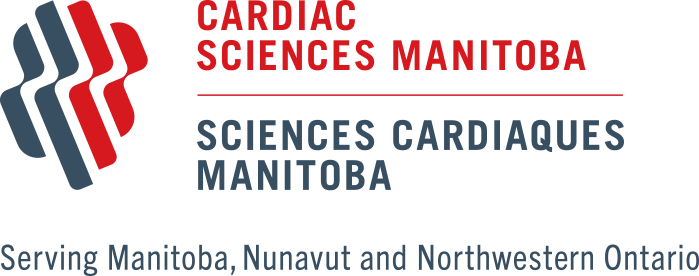CHaRM 2.0 Update. We are just beginning the transition of the current Cardiac Sciences Program (CSP) research support program (a.k.a. Cardiovascular Health Research in Manitoba (CHaRM)). The goal of this process is to develop a more sustainable model where the cost of research staff access would be based on their actual time spent on specific research projects with adjustment of the hourly costs (see discounting below) based on priorities set by the CSP. The overall amount of support provided for research personnel from the CSP (net of recovered costs from contracts) would be expected to be maintained in the ~$150,000/year range initially with the expectation that with increased success we would be able to more effectively leverage outside support to further expand the program.
The CSP currently supports the employment of 3 fulltime staff for research, as well as provides support for research activities indirectly by other SBH/WRHA staff involved in research projects in the course of their clinical activities (both nurses and statistical support staff). The complement of fulltime research staff includes: 1 EFT nurse and 2 EFT research associates. Their salaries are currently covered by a blend of CSP funding (through the CHaRM accounts) and partial cost recovery- primarily from industry-based contract research. Research staff employed by programs within CSP (e.g., interventional cardiology and electrophysiology) have been supported outside of CHaRM, although in the past this was provided on an ad hoc basis.
Previously, participation in the CHaRM Research Group initiative was based on a clinician scientists’ need for research staff support and a variable capacity to support the costs of their research HR needs. The cost recovery plan for CHaRM was based on a designated percentage of total study budget revenues with a usual of 70% of the study budget (20% Office of Clinical research, 10% CHaRM overhead and 40% for HR salary) and a minimum of 25% of residual funds. However, for some projects the budgetary cost recovery is as low as 40%.
On a go-forward basis the CSP proposes to develop a model where members of the CSP could apply for research HR support. Approved requests would be provided services at a variable rate based on the priority of that project to the R&D mission of the CSP. The higher the priority for the project, the greater the “discount” allowed for the billing of the HR service to the cost centre for those individual projects (see below). The discounts would be adjusted on an annual basis to maintain a ~$150,000 “net” spend by the CSP to support research HR needs (and potentially higher based on the identification of additional sources of research HR support).
Proposed priority ranking and discounting
1. Single sited investigator, initiated peer-reviewed grant projects (or pilot projects vetted through the CSP Pilot Project competitions) (~25% discount of HR costs incurred)
2. Multi-centered peer-reviewed projects where a CSP clinical is the site PI (~15% discount)
3. Industry-based contract research (0-5% discount).
Over the next several months we be developing the financial structure to support the billing of investigators for HR time, the tools for research staff to track their activities related to specific projects (based on 0.25 day increments), determining the need for increased research HR capacity (consideration of including EP research nurse into the pool of CSP research staff), determining the process for transitioning those projects currently supported by CHaRM into the new structure and developing the oversight structure for CHaRM 2.0.
As always, your comments and advice will be much appreciated.
CSP Visiting Professor Seminar next week. Please join us this Wednesday March 20, 2019 at 4:00 PM in the Sam Cohen Auditorium, Albrechtsen Research Centre for the Cardiac Sciences Program’s monthly Visiting Professor Series Lecture, Dr. Alexander Gregory. His talk will take place a 4:00 PM titled “The Enhanced Recovery Paradigm: How does it apply to cardiac surgical patients?” followed by a reception in the Atrium from 5-6 PM. Hope to see you there!
Shout Outs!
Congrats to Rosanne Labossiere-Gee PTM ACCU and CCRT who has been awarded Manitoba Chapter of Canadian Association of Critical Care Nurses (CACCN) Nurse of the Year Award.
Publications by our Faculty this Week
Dhingra R, Ravandi A, Kirshenbaum LA. Ferroptosis: beating on death’s door. Am J Physiol Heart Circ Physiol. 2018 Apr 1;314(4):H772-H775. doi: 10.1152/ajpheart.00692.2017. Epub 2017 Dec 6. No abstract available.


